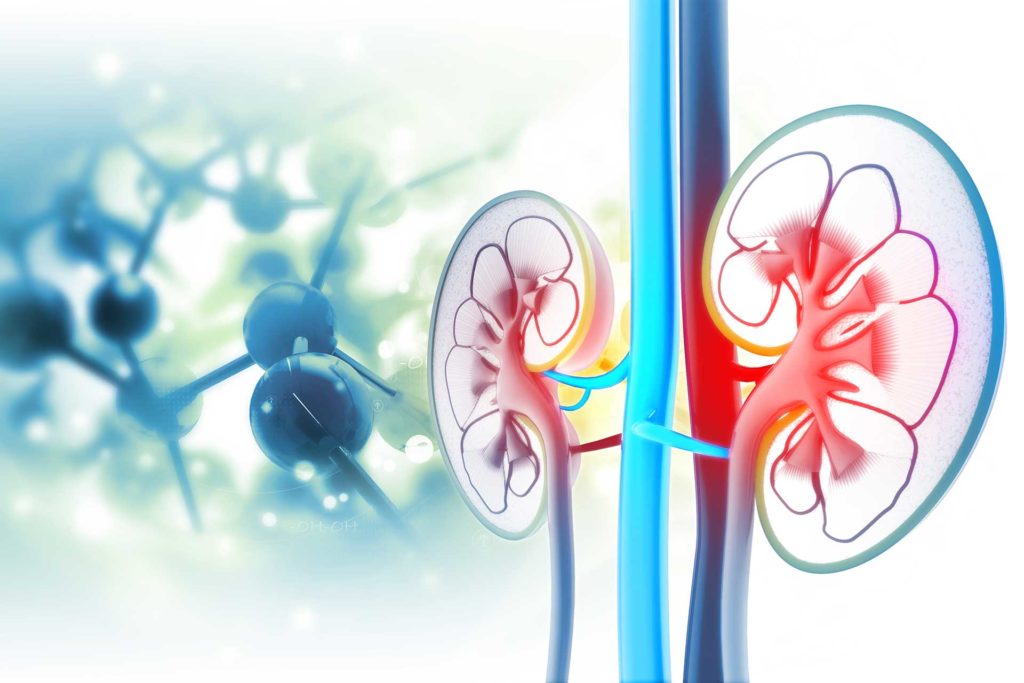- acrannolife_user
- 0 Comments
- 116753 Views
Kidney transplantation is a revolutionary development in the field of healthcare that offers people with permanent kidney failure an extended period of quality life. Today, for patients with end-stage renal disease, kidney transplantation is the preferred treatment option. Starting as experimental trials 70 years ago, it is now a routine clinical procedure in many countries. Chronic kidney disease is believed to be a contributor to around 735,000 annual deaths globally. In India, it is estimated that between 151 and 232 cases of end-stage renal disease requiring transplantation occur per million people, putting the number of potential kidney transplant candidates at around 220,000. The main barriers to receiving a kidney transplant include the lack of cadaveric donors, increasing age and immunological reactivity in patients, and complications from surgery or cardiovascular disease. A living donor transplant is the best option for these patients to avoid long periods of dialysis.
Similarly, liver transplantation has made significant advancements in the field of transplantation over the past few decades. It is the only recognized treatment option for end-stage liver disease, acute hepatic failure, hepatocellular carcinoma, and various metabolic diseases. The short-term outcomes for graft and patient survival have improved due to advancements in surgical techniques, perioperative care, and immunosuppressive medication. Cirrhosis, alcohol consumption, infectious hepatitis B and C, genetic disorders, and fatty liver accumulation are the most common causes of chronic liver failure. Approximately 75% of liver transplant patients survive for at least five years on average. However, long-term challenges such as hypertension, diabetes, dyslipidemia, obesity, and de novo tumor development require attention for long-term survivors.

Post-Transplantation Care: Key to Success
Despite significant advancements in modern medicine, the survival rate of kidney and liver transplant recipients is still lower than desired. Many co-morbidities, such as cardiovascular disease, infections, and diabetes, can lead to graft loss. Rejection is a major setback that can occur following a transplant, as the body perceives the transplanted organ as “foreign” and tries to defend itself by attacking it. To avoid rejection, recipients must take their anti-rejection medication (immunosuppressants) as directed. Frequent monitoring is crucial after transplantation to ensure the transplanted organ is functioning properly. Blood samples are collected from the recipient to monitor haemoglobin levels, leucocyte count, C-reactive protein (CRP), and creatinine levels. In cases where acute or chronic organ rejection is suspected, a transplant biopsy may be performed. Infections and bleeding are potential risks during any procedure involving skin incisions, and sampling error and lack of pathognomonic lesions can limit the information obtained from transplant biopsies. Early stages of post-transplantation rejection can be difficult to diagnose, and once it occurs, it is irreversible and can lead to the loss of the transplanted organ. Current transplant research is focused on non-invasive monitoring and genetic methods to improve histological diagnosis.
TRUNOME: Improving Post-Transplantation Care
The traditional method of tissue biopsy is an invasive procedure that can be uncomfortable and carry risks. Moreover, it prolongs the patient’s recovery time and complicates the healing process. TRUNOME offers a non-invasive solution to post-transplantation care that reduces the discomfort and risks associated with tissue biopsy. With the ability to monitor transplanted organs more effectively and safely, TRUNOME helps to ensure the success of kidney and liver transplantation and improve the quality of life for transplant recipients.